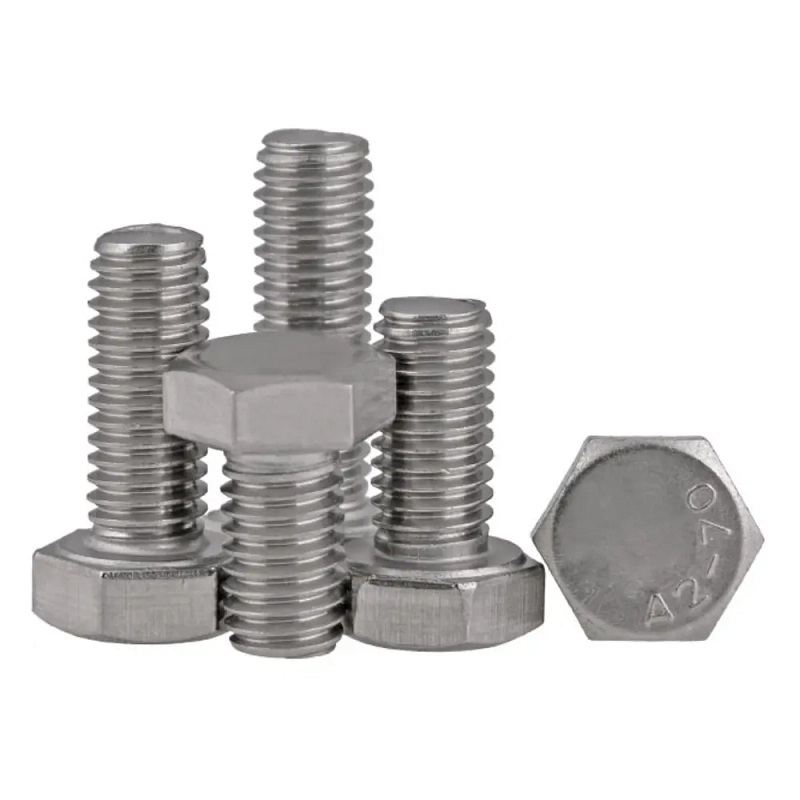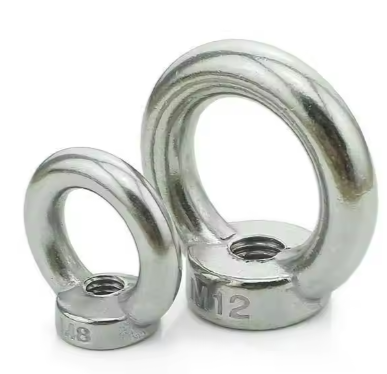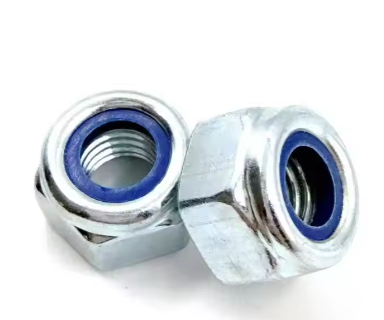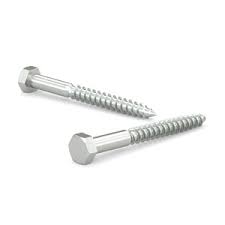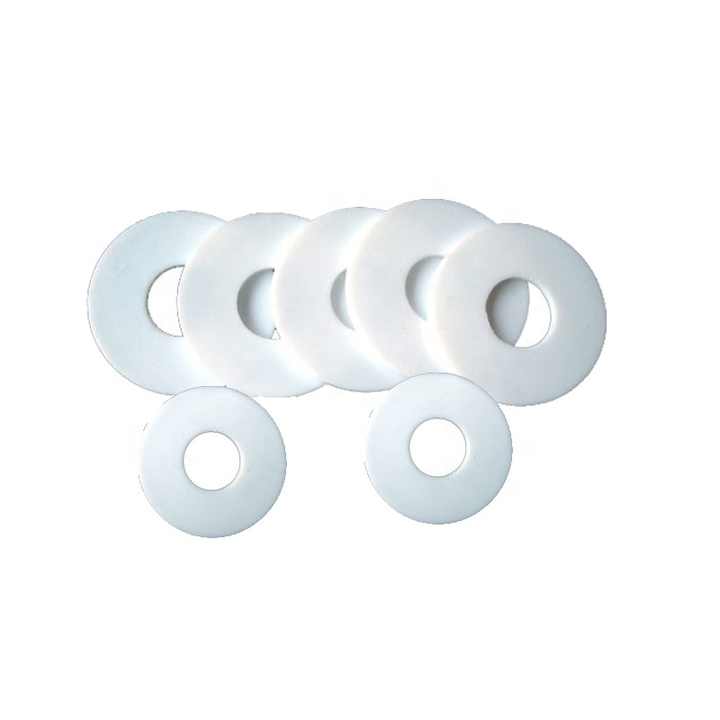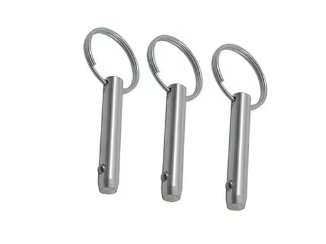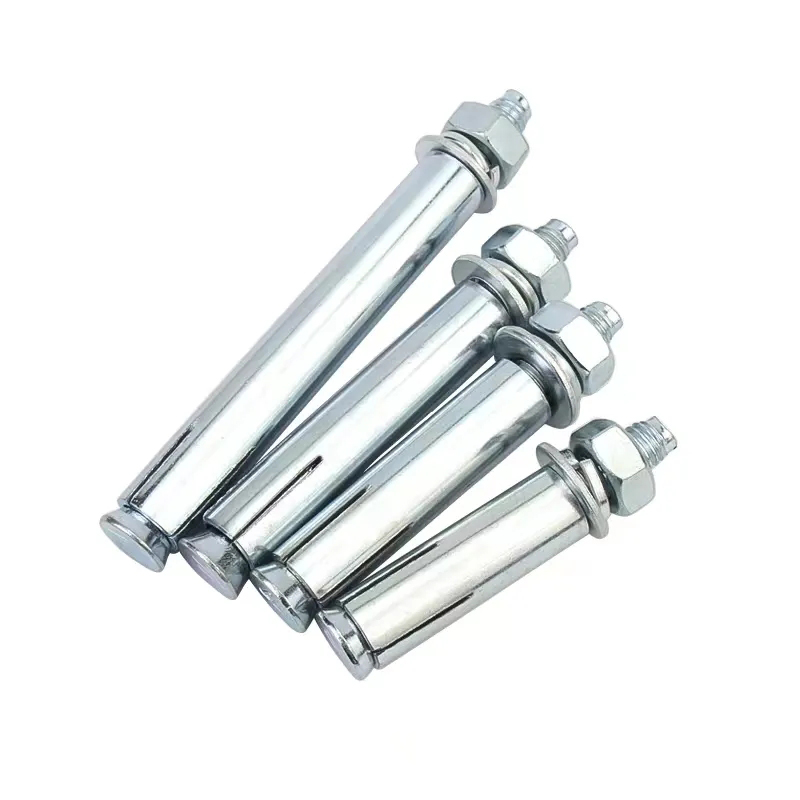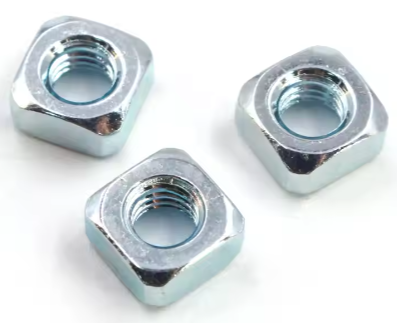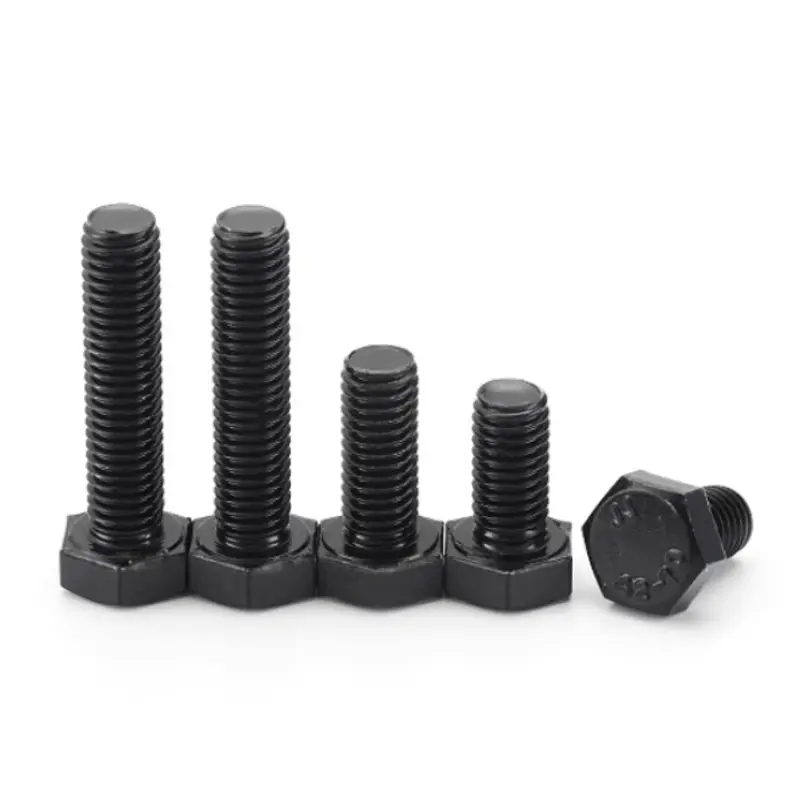

This comprehensive guide explores Nylock nuts, detailing their design, applications, advantages, and considerations for selection and use. We’ll cover various types, installation techniques, and troubleshooting common issues, providing you with the knowledge to confidently incorporate these essential fasteners into your projects.
Nylock nuts, also known as self-locking nuts, are a type of fastener designed to resist loosening under vibration or stress. Unlike standard nuts, they incorporate a nylon insert or other locking mechanism that creates friction, preventing unwanted rotation and ensuring secure connections. This unique feature makes them ideal for applications where maintaining a tight connection is crucial.
Several variations of Nylock nuts exist, each suited for different applications and load requirements. Common types include:
These nuts utilize a specially designed metal insert to create the locking mechanism. They offer superior resistance to high temperatures and chemicals compared to nylon-insert types.
The most prevalent type, these nuts contain a nylon ring or patch that creates friction against the mating bolt threads. They are cost-effective and suitable for a wide range of applications.
Beyond nylon and metal inserts, other locking mechanisms are employed, such as those using a serrated face or a spring-loaded mechanism. The best choice depends on specific application needs and environmental factors.
The key advantage of Nylock nuts is their inherent self-locking capability, eliminating the need for additional locking methods like lock washers or wire locking. This simplifies installation, reduces assembly time, and lowers overall costs. Other advantages include:
Nylock nuts find widespread use across numerous industries. Some common applications include:
Choosing the appropriate Nylock nut involves considering several factors:
Proper installation is crucial for optimal performance. Ensure the threads are clean and lubricated appropriately before tightening. Over-tightening should be avoided, as it can damage the locking mechanism and weaken the connection. For high-vibration environments, consider using a higher-grade Nylock nut or supplementary locking methods.
Occasionally, Nylock nuts may loosen or fail to provide sufficient locking force. This can result from improper installation, excessive vibration, or degradation of the locking mechanism due to heat or chemicals. Regularly inspect critical connections and replace any damaged nuts to ensure safety and reliability.
Nylock nuts are indispensable fasteners for numerous applications requiring secure and reliable connections. By understanding their various types, applications, and limitations, you can effectively leverage their self-locking capabilities to enhance the performance and longevity of your projects. For high-quality fasteners, including a wide range of Nylock nuts, consider exploring the options available from Hebei Dewell Metal Products Co., LTD. They offer a comprehensive selection to meet diverse needs and specifications.
| Type of Nylock Nut | Temperature Resistance | Chemical Resistance |
|---|---|---|
| Nylon Insert | Moderate | Moderate |
| All-Metal | High | High |


